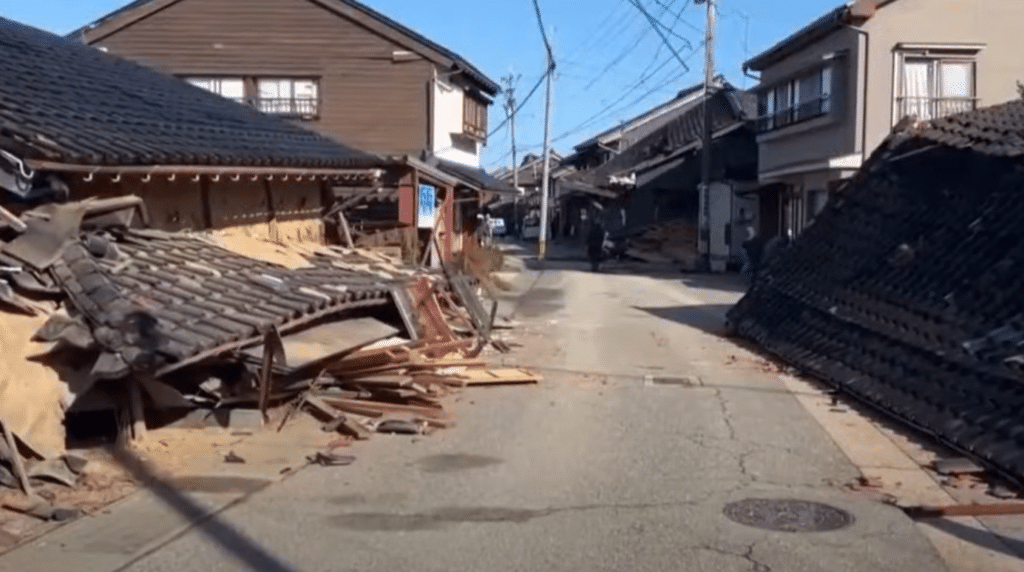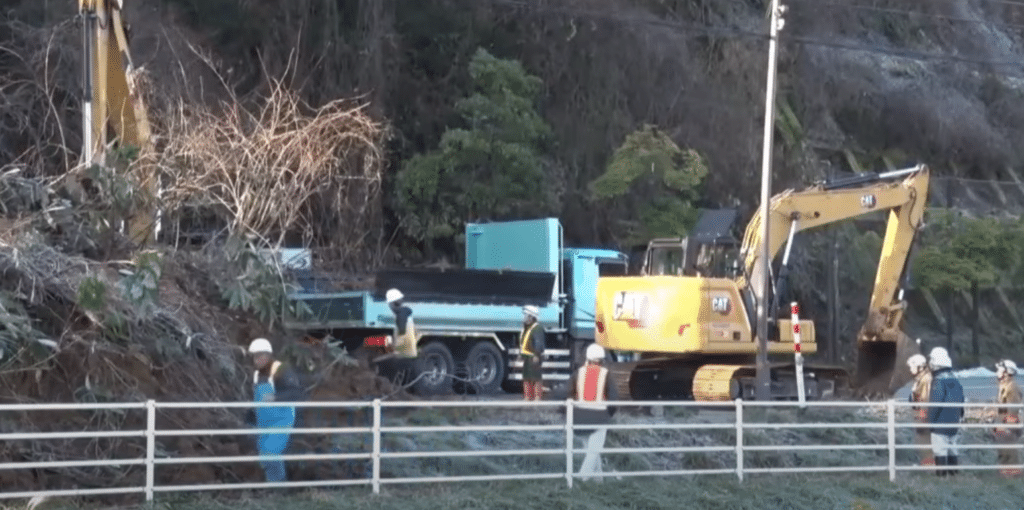January 1, 2024, marked a significant date in Japan’s history as it experienced one of the most severe earthquakes in recent years. The Japan earthquake, which struck the Sea of Japan, sent shockwaves through the nation, both literally and metaphorically. This article delves into the details of the earthquake, exploring its immediate impacts and the potential long-term consequences for the people of Japan.
The 2024 Japan Earthquake: An Overview

The Japan earthquake of 2024 was a significant seismic event that occurred in the Sea of Japan. Registering a strong magnitude on the Richter scale, it was felt across vast regions of the country, causing widespread alarm and disruption. The quake struck in the early hours of January 1st, catching many people unprepared and marking a somber start to the new year. Regions closest to the epicenter in the Sea of Japan experienced the most substantial impacts, with widespread infrastructural damage and disruptions.
Immediate Impacts of the Earthquake

The immediate aftermath of the Japan earthquake saw considerable damage to infrastructure, including buildings, roads, and bridges. Power outages were widespread, and communication lines were disrupted, hampering rescue and relief efforts. Fortunately, Japan’s stringent building codes and disaster preparedness measures helped minimize casualties and structural damage.
Response and Rescue Operations
Following the Japan earthquake, emergency services were swiftly mobilized. Rescue operations were conducted to search for and assist trapped or injured individuals. The Japanese government, renowned for its efficient disaster response, coordinated with various agencies to provide aid and relief to affected areas.
The Earthquake’s Effect on Japan

The Japan earthquake of 2024 had significant economic implications. The disruption to infrastructure and business operations is likely to have a short-term impact on Japan’s economy. Industries, particularly those in the hardest-hit regions, faced operational setbacks, and the government may need to allocate substantial resources for reconstruction and rehabilitation.
Psychological Impact on the Population
Beyond the physical damage, the Japan earthquake had a profound psychological impact on the populace. The fear and uncertainty generated by such a significant seismic event can lead to long-term mental health issues. The government and various organizations have initiated counseling and support programs to help those affected cope with the trauma.
Lessons and Future Preparedness

Each Japan earthquake serves as a stark reminder of the country’s vulnerability to natural disasters. This event has prompted discussions on further improving disaster preparedness and response strategies. Enhancements in early warning systems, building resilience, and public education on disaster response are areas of focus. Preparation involves adhering to building codes, having disaster response plans, participating in public education programs on disaster response, and staying informed about early warning systems.
Global Support and Solidarity
The international community extended support to Japan in the wake of the earthquake. Countries around the world offered assistance, highlighting the global nature of disaster response and the importance of international cooperation in times of crisis.
Environmental, Geological, and More Implications
The Japan earthquake of 2024 also raises concerns about environmental and geological changes. Researchers and scientists are closely monitoring the region for potential aftershocks and studying the earthquake’s impact on the surrounding environment and future seismic activity. Long-term implications include economic impacts, the need for infrastructure rebuilding, psychological effects on the populace, and potential changes in environmental and geological conditions.
The Japan earthquake of 2024 was a significant event with far-reaching consequences. While Japan’s preparedness and response were commendable, the earthquake serves as a reminder of the constant need for vigilance and improvement in disaster management. As Japan recovers and rebuilds, the lessons learned from this earthquake will undoubtedly contribute to stronger and more resilient disaster response mechanisms in the future.


